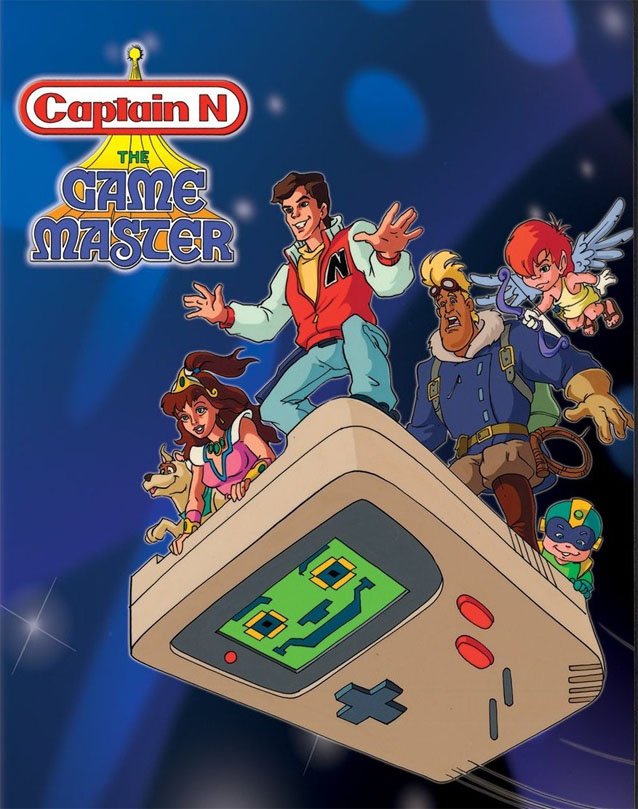


Try to imagine all life as you know it stopping instantaneously and every molecule in your body exploding at the speed of light. Total protonic reversal.
Requiring the next generation of consoles to have a constant Internet connection probably wouldn’t be quite that bad. The calamity that will ensue if Microsoft decides to make their next Xbox an always-online device won’t even approach the consequences of crossing the streams. For a variety of reasons, however, it certainly won’t be ideal – and if some recent tweets from a Microsoft creative director are any indication, it might be more likely than any of us had hoped.
Understanding exactly what makes always-online requirements such a bad idea requires an examination of how people play games, as well as a look at what motives publishing companies have for implementing always-online systems in the first place. So without further ado, here’s why an always-online console would be a minor catastrophe.
1. Not everyone who owns a console has reliable internet service.
There’s been a few studies done over the years about the percentage of consoles that have internet connections, and the results have varied quite a bit. Back in 2010, an American research group determined that only 73% of Xboxes were connected to broadband internet. That number may have increased over the last couple years, but no one quite seems to know. A Nielsen study from last year found that only 45% of game consoles were “constantly connected” to the internet.
Whether the real number is 45%, 73% or even 80% is largely irrelevant; 20% of your target audience is still too big of a chunk to be throwing away. And that 20% doesn’t even include all the people with perfectly decent internet connections who won’t buy an always-online console on principal, which brings us to the next obstacle facing always-online consoles:
2. Forcing users to have a constant internet connection is inherently anti-consumer.
Think about why the concept of always-online exists in the first place. As much as companies like Electronic Arts have tried to shy away from this reasoning, the foremost motivation for companies to require constant internet access to play their games is to prevent piracy. Like most other forms of DRM, this offers no advantage to the legitimate consumer, and is in many cases actively detrimental to that consumer.
At the end of the day, always-online functionality is simply a way for publishers to dictate the terms under which you can play their games. The constant need for server-side authentication does nothing for you as a player, but allows the publisher to alter the gameplay experience (eg. no Cheetah speed), lock you out of your game (eg. GFWL’s limited hardware activations), etc. Again, this offers the consumer no tangible benefit, but puts more power in the hands of the publisher.
3. It doesn’t work.
This is without a doubt the biggest problem with always-online systems – they simply don’t work. No matter how large your pool of resources is (I’m looking at you, EA and Blizzard), it seems impossible to make a robust enough authentication server to handle launch day demands. If you think SimCity‘s launch debacle was catastrophic, imagine what it would look like if the entire launch lineup for a brand new console had the same problem. We begin to approach the catastrophic severity of “Dogs and cats, living together!”
Until at least one publisher can prove that they can launch single-player games with always-online requirements without a hitch, attempting to launch an entire platform in that manner seems incredibly unwise. It’s also entirely possible that providing that sort of bandwidth for these games is simply beyond the realm of economic possibility, too, so we may never see the aforementioned successful game launch.
The bottom line is that always-online services are demonstrably not ready for primetime, and even if they were, they wouldn’t make for a better next-generation console. The expansion of publishers’ rights into “you’re only buying a license to play the game” territory does no one any favours, and the added hassle of needing a reliable internet connection to play games is a recipe for a substantially worse consumer product.
Please, Microsoft…don’t cross the streams.




 Klipsch KG-300 Gaming Headset Review
Klipsch KG-300 Gaming Headset Review Submerged (PS4) Collectibles / Care Packages locations with maps
Submerged (PS4) Collectibles / Care Packages locations with maps Deadpool: The Merc With A Mouth Review
Deadpool: The Merc With A Mouth Review Ten Best Video Game TV Shows
Ten Best Video Game TV Shows Amnesia and Slender: Why We Love to be Scared
Amnesia and Slender: Why We Love to be Scared